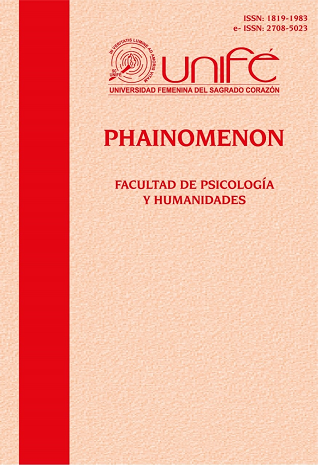Philosophy of Mind and Neuroscience. How our brain produces a belief
DOI:
https://doi.org/10.33539/phai.v19i1.2176Keywords:
Belief, cognition, philosophy of mind, consciousness, linguisticsAbstract
The following work attempts to broaden the perspective regarding beliefs considering that traditionally only beliefs of the conscious and linguistic type have been considered. In other words, it has been assumed that human cognition only creates beliefs from our ability to produce language. Contrary to this, the article suggests that cognition implies a spectrum of beliefs that also encompasses those that are neither linguistic nor conscious, and that emotions are beliefs as propositional survival programs. In order to accomplish this, theories of the philosophy of the mind, contemporary psychoanalysis, Buddhist psychology and neuroscience are treated. Taking all in consideration, we can assure that the amount of beliefs we have is much wider than those of which we are linguistically aware.






